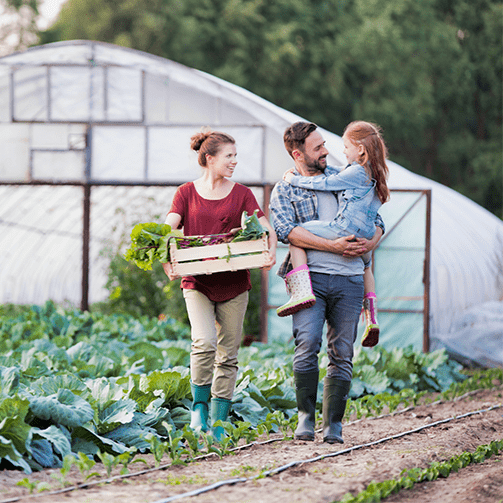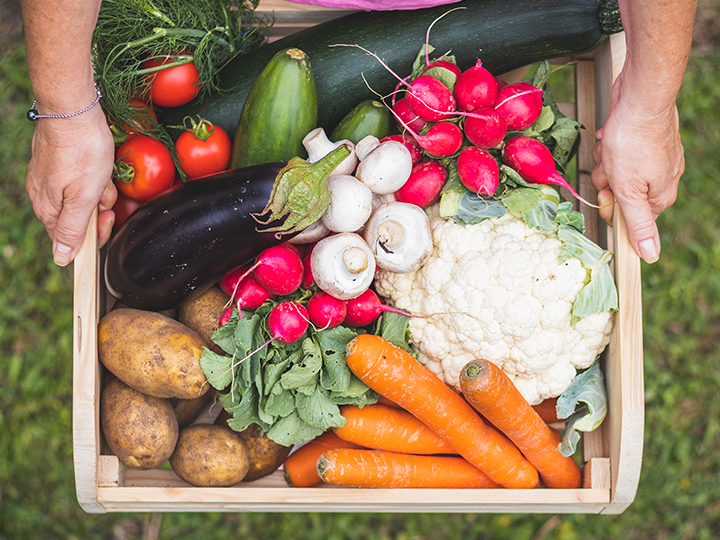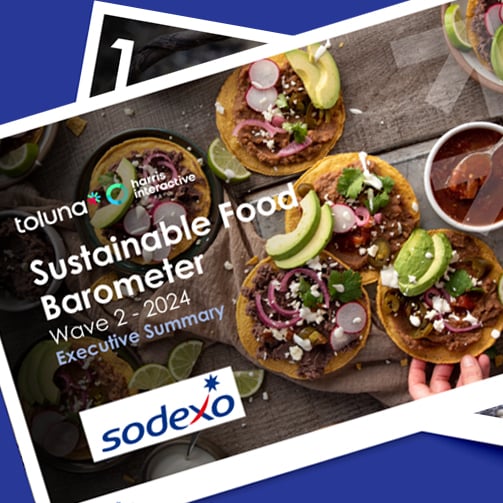
On Individuals

We’re committed to enriching lives, strengthening communities and preserving our planet. Our services extend beyond the plate and embody our dedication to the well-being of individuals, communities and our environment.
Sodexo is at the forefront of operational excellence and sustainability, with everyday actions tailored to fostering well-being and environmental stewardship. Through our comprehensive approach, we empower you to thrive and meet your goals— ensuring every meal served and every facility managed contributes to a healthier, more sustainable tomorrow.
Our dedication to reducing waste, promoting sustainable sourcing, and implementing innovative solutions demonstrates our unwavering commitment to a creating better future for all.
Our actions ripple through communities, sparking positive change and setting new benchmarks for responsibility in the local and global landscapes.
Every action and every day carry transformative potential—a principle Sodexo lives by. Through our strategy, Better Tomorrow 2025, we harness our core strengths to foster positive societal and environmental change. This ambitious plan, aligning with the United Nations’ Sustainable Development Goals, outlines nine commitments.
As an employer, service provider, and corporate citizen, we’re dedicated to making positive impacts on individuals, communities, and our environment. Our mission transcends the ordinary, focusing on tangible actions that drive progress and a sustainable future.
Our Commitments to a Better Tomorrow pledge a dedication to transforming today’s efforts into a hopeful, sustainable tomorrow, turning the ordinary into the extraordinary.


Ready to make a real difference? Contact us today to explore how our services and commitments align with your goals for sustainability, community support, and environmental care. Together, we can create impactful solutions tailored to your needs.